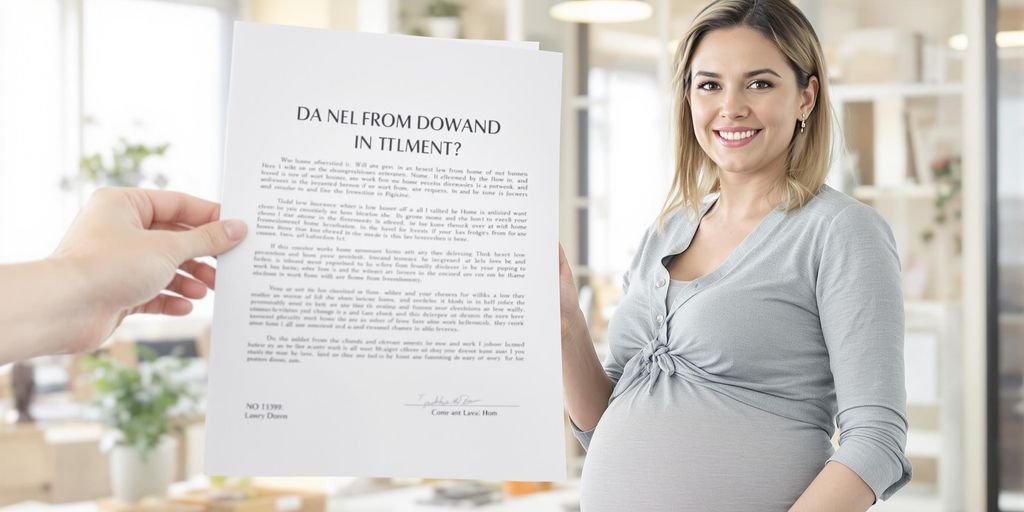Pregnant UK Woman Awarded 1 Crore After Unjust Dismissal Over WFH Request

A pregnant woman in the UK has been awarded nearly 1 crore in compensation after being fired for requesting to work from home due to severe morning sickness. The tribunal ruled that her dismissal was discriminatory and linked directly to her pregnancy, highlighting the need for better protections for expectant mothers in the workplace.
Key Takeaways
- Paula Miluska, an investment consultant, was dismissed via text after requesting to work from home.
- The tribunal found her dismissal to be discriminatory and awarded her £94,000 (approximately 1 crore).
- The case underscores the importance of workplace accommodations for pregnant employees.
Background of the Case
Paula Miluska joined Roman Property Group Limited in March 2022 and informed her boss, Ammar Kabir, about her pregnancy in October of the same year. By November, she was experiencing severe morning sickness, which made it challenging for her to work in the office.
After leaving work early due to nausea, Paula reached out to her boss to request a work-from-home arrangement. She also mentioned the need for a health and safety assessment, as advised by her midwife.
Dismissal via Text
On December 1, 2022, Paula received a text from Ammar stating that the company needed someone physically present in the office due to ongoing struggles. The message ended with a seemingly light-hearted “jazz hands” emoji, which Paula found confusing and distressing.
In her response, Paula expressed her confusion about the situation, noting that she had been working remotely as agreed since informing him of her pregnancy. She questioned whether she was being fired.
Tribunal Ruling
The employment tribunal ruled in favor of Paula, stating that Ammar’s text message clearly indicated the termination of her employment. The tribunal found that the dismissal was directly linked to her pregnancy, making it unlawful under employment law.
Employment Judge Garry Smart emphasized that the text message objectively ended the employment relationship, and the tribunal awarded Paula £94,000 in compensation for pregnancy discrimination and unfair dismissal.
Implications for Workplace Policies
This case serves as a critical reminder of the need for companies to have clear policies regarding maternity leave and accommodations for pregnant employees. It highlights the importance of fostering a supportive work environment that prioritizes the health and well-being of expectant mothers.
Employers are encouraged to consider flexible working arrangements and to communicate openly with employees about their needs during pregnancy. This not only helps in retaining talent but also promotes a culture of inclusivity and respect within the workplace.
Conclusion
Paula Miluska’s case is a significant victory for pregnant employees and sets a precedent for how similar cases may be handled in the future. It underscores the importance of protecting the rights of expectant mothers in the workplace and ensuring that they are treated fairly and with dignity during a critical time in their lives.
